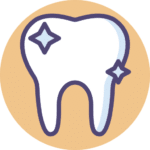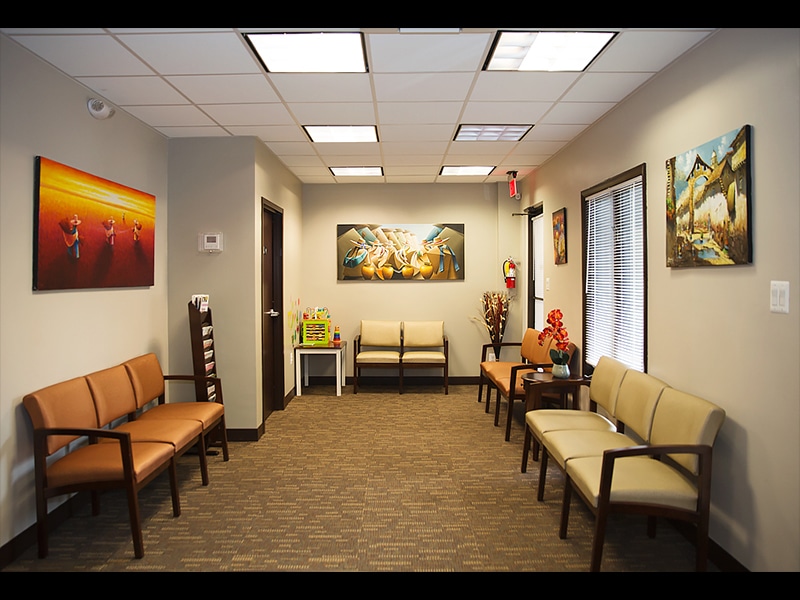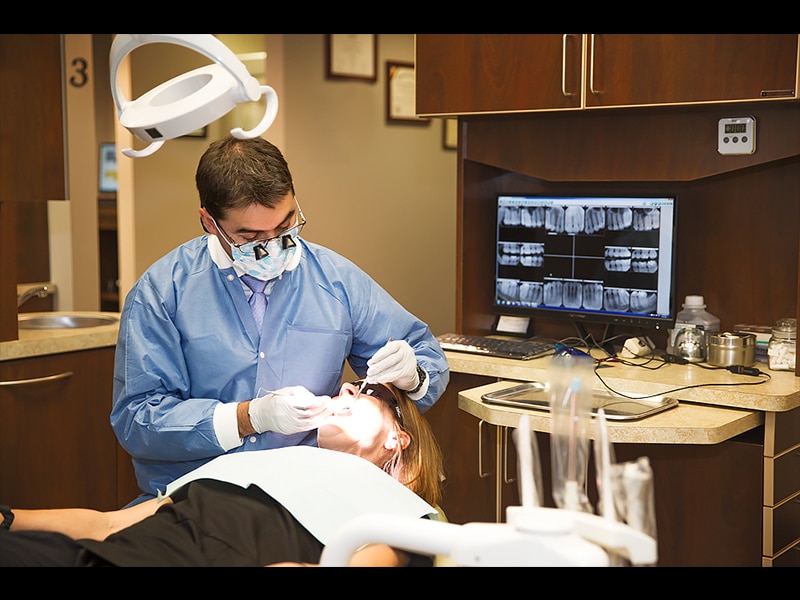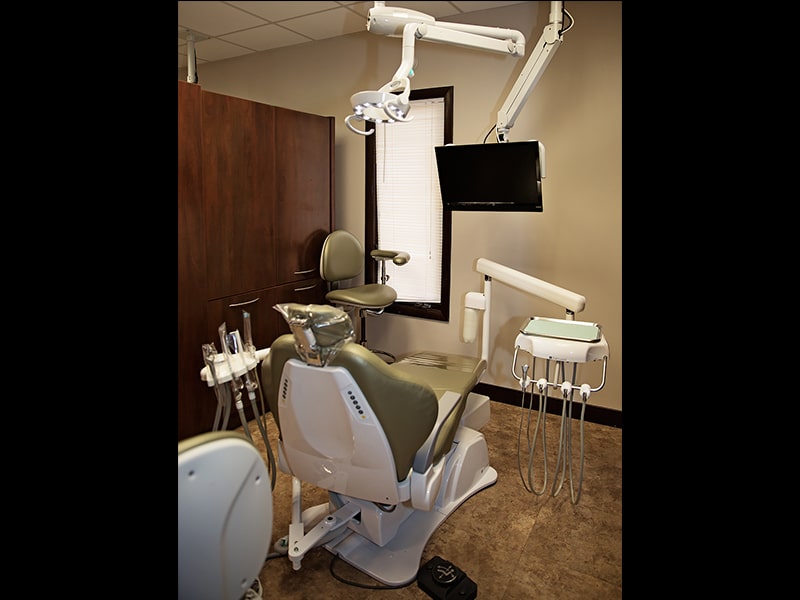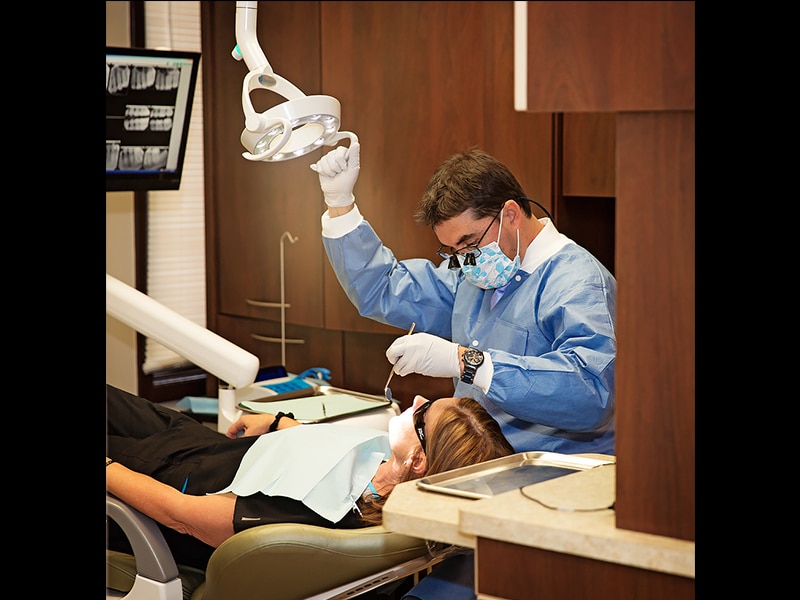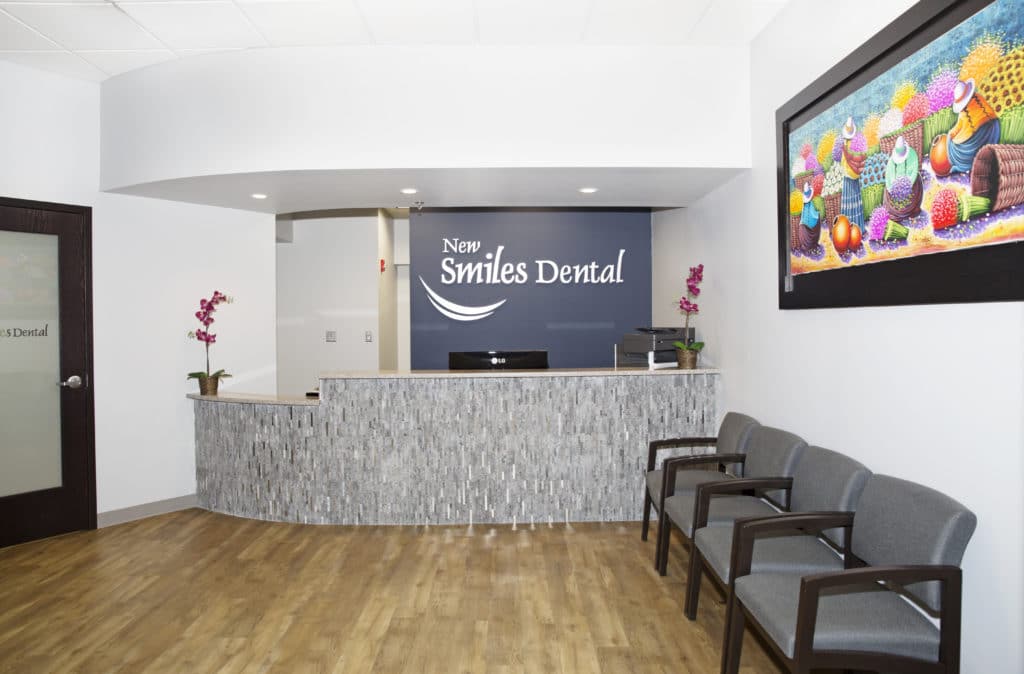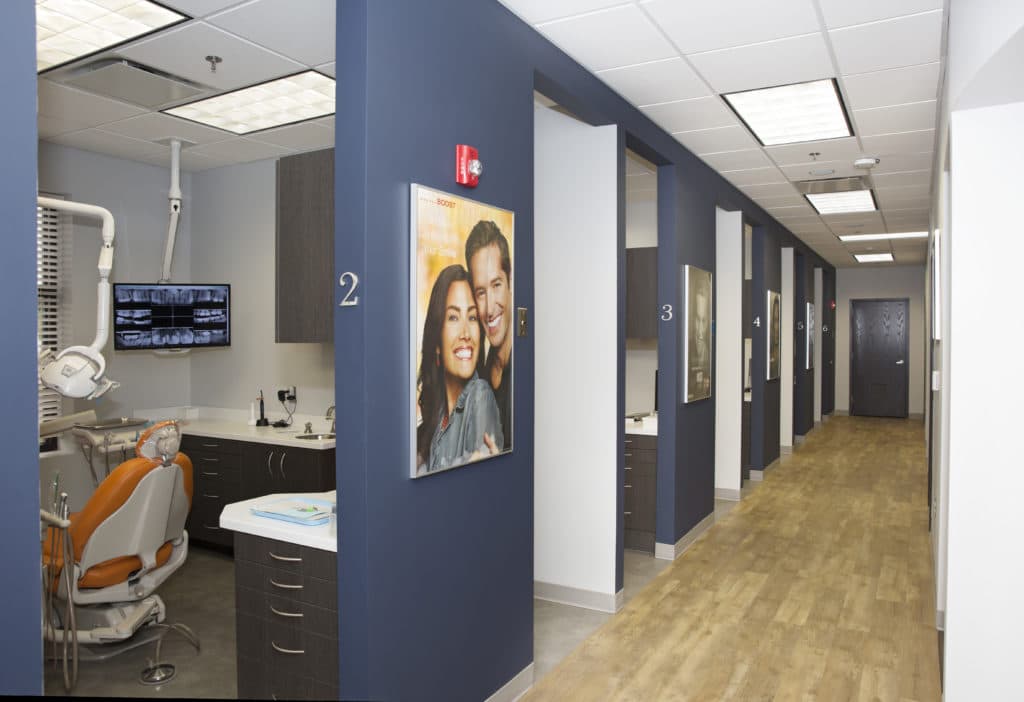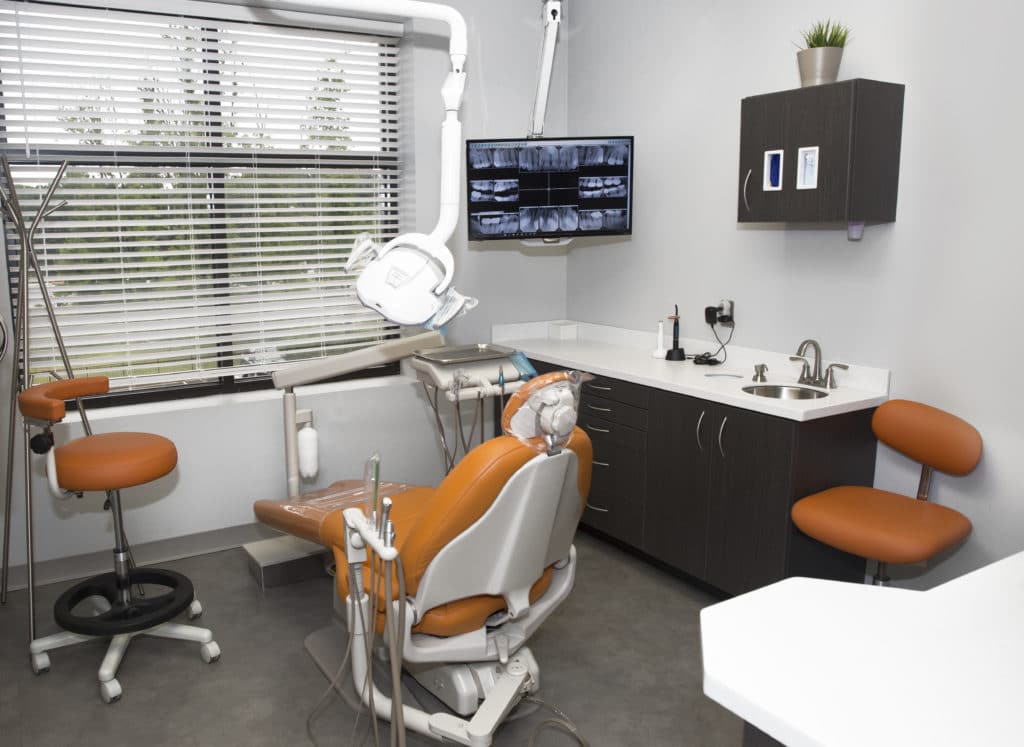What is dental X-ray?
X-rays or radiographs have been used in the healthcare industry for so many years. X-rays use electromagnetic waves to capture and create images of what is inside your body. Dental X-rays are taken in order to get images of your teeth and the bones around it. These images will help dentists to evaluate the health condition of your teeth and the bones, and detect any potential oral health issues such as gum infection and bone loss.
Like any other types of X-rays, dental X-rays use radiation. This is probably the reason why some are hesitant to take dental X-rays. However, rest assured that dental X-rays only emit a very low level of radiation. In fact, it is of the same level of radiation that we are all naturally exposed to every day.
Who can get dental X-rays?
Your dentist may require you to get dental X-rays if you have tooth decay and gum infection or a history of it. You may also need to get a new set of dental X-rays if you have visited a new dentist. Children on the other hand have thinner tooth enamel than adults since their teeth are still developing. With this, they will have different oral health care needs and may need more frequent dental X-rays.
However, pregnant women are recommended to avoid any types of X-rays, including dental X-rays. If you are pregnant, it is important to inform your dentist about your condition to be safe.
Why are dental X-rays important?
Dental X-rays are typically done once a year or every two to three years, depending on your oral health condition. Patients with dry mouth, decayed teeth, periodontal disease, and other conditions that increase the risk of oral health problems, may be required to get dental X-rays more frequently. Dentists will use dental X-rays to diagnose any oral health conditions like tumors and cysts growing in the mouth and jaw. It will also help your dentist identify any issues in your oral health such as impacted and abscessed teeth.
How to minimize radiation exposure with dental X-rays?
The best way for you to minimize your exposure to dental X-rays is to observe and maintain good oral health practice. Should you change dentist, make sure to ask for your most recent dental X-rays so you can share it with your new dentist.
Your dentist can also help minimize your exposure to radiation from dental X-rays. Instead of taking multiple images in dental X-rays, opt for a single image to minimize exposure. Your dentist can also set the radiation exposure to the lowest level possible. For more information on dental X-rays contact us at New Smiles Dental. We are conveniently located in Woodbridge, Stafford, and Fredericksburg.
